Francesca Cacciarru brings India to your doorstep with Blooms
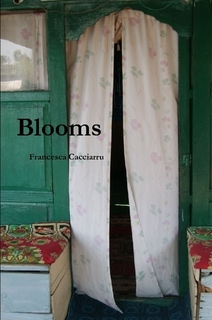
It’s our great pleasure to introduce Blooms, the first poetry book by The Upcoming culture writer Francesca Cacciarru.
In Blooms, Cacciarru takes the reader on a journey to India. Each fragment of poetry is a tiny snapshot of her memory: frozen moments in time take us from the palpable excitement of the airport through to the landscapes of a foreign country and its people, including the inevitable flashes of pain that eastern poverty induces in western eyes.
Cacciarru’s sympathetic use of terza rima at the beginning and end of her collection provides an intimate, narrative quality while her careful (sometimes strictly controlled) phrasing in other poems proves usually engaging. This is especially evident in Curfew, where the rhythm and pace slows to a soft fluidity at the poem’s close to emulate the moody and bruised waters of the lake it describes.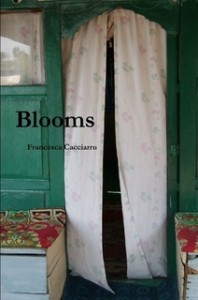
Whether tinged with memory as in Softener: “Wrapping my towel around me / I smell London / The last wash / The one thing / That is untouched / Still”, or pulsating with life as in The Queen: “Along the way she shakes off touts / Like crumbs on cloths, and calls a cab / Like it’s a dog”, the poems offer a personal interpretation of a place, experience and time that seems almost voyeuristic in its honesty.
Those who have been to India will draw their own soft strains of memory from Cacciarru’s stanzas and find themselves once more in the desert, on a boat or climbing the Himalayas. Those who yearn to visit India will glean a sense of its character and colour from her lines, and everyone who has experienced that strange mixture of comfort and sorrow on returning from a journey will identify with final, aching refrain in The Broken Flask: “Just one / Big smile I’ll wear to mask / This mouth that shouts I’m sad. / So when they ask / ‘You’re back, you’re glad?’ / I’ll give the brightest ‘yes’. Black-clad.”
Blooms will make you wonder, dream and question. Cacciarru has absorbed and brought to life the feeling of being a traveller, immersing in another culture… and going home. We caught up with her to discuss Blooms, India and poetry.
How would you describe your poetry – is it a travel biopic told in fragments or are they contained, personal musings?
I guess both. The poems in Blooms follow a chronological order and are located in time and place. This is why I also integrated little maps for a quick access to the actual route. It is then a travel biopic also realised with the aid of my memories and personal musings.
Wordsworth once said: “Poetry is the spontaneous overflow of powerful feelings.” Is that the same for you?
Yes – I love the way poetry here is intended as ‘feelings’, not words. I believe it is true: feelings are spontaneous and what poetry does is capture their power. Wordsworth also made a point of these emotions being “recollected in tranquility”, which I also think very true; this is the time for the poet to assemble her/his thoughts and put them into words.
Some of your work seems rooted in memory, was all of it composed at the point of inspiration or constructed after on recollections?
While travelling I kept a journal and jotted things down constantly. Sometimes these were simply random thoughts or single lines, some of which I then kept unchanged for my poems. But I also wrote extensively about my day and what happened in general. When I got back I gathered all little notes and longer entries and started writing the pieces.
What poets have most influenced your work?
I never cease to be amazed by the structure of The Divine Comedy, which is all written in terza rima. Also in Italy we study it to exhaustion! – so I’d say Dante is one of the poets I admire the most. I also love the take on this form by more recent poets, such as Robert Frost, with his terza rima sonnet Acquainted with the Night, for instance. This same structure I used for my opening and closing poems. Also, my biggest experiment was Nahargarh, where I take the whole first stanza of A Miracle for Breakfast, a sestina by Elizabeth Bishop, and add my own lines to make a pantoum. Furthermore, I really like Alda Merini, one of the greatest voices in Italian literature.
How do you write?
To be honest, before I left for India I thought I would write a novella or an autobiographical book about this trip. Then it suddenly dawned on me that there was only one way of doing it, and this was poetry. I realised that I was haunted by poetry, everything that came up to my mind did it in the form of a poem, which then would have needed be translated into prose. So I gave in to it!
Tell me about the inspiration behind your poems.
Everything I saw in India was inspiring! Literally, from the Taj Mahal to the mountains and mountains of rubbish along the train tracks, from the breathtaking shores in the semi-deserted islands to the dirt, dust and bugs of streets and hotels. To me it was important to include every one of these things in Blooms, because regardless of their beauty or ugliness, they were all exceptionally inspirational.
Tell me about the symmetrical use of terza rima at the start and end of the book.
My main wish was to tell a story. As I say in my preface, I always bore in mind that the choice of poetry to convey this was in itself a challenge – prose being the most typical form of writing associated with stories. I decided to start and end the collection with terza rima poems because of their progressive, story-like rhyme scheme. Therefore, I hoped for them to symbolise the narrative nature of my work.
You use a very disarming structure in Curfew, it slows the reader down and forces them to pay attention to the beat and rhythm of the piece, why and how did you do this?
The first half of Curfew has a normal pace, if not quite speedy, until night comes. The second part is different. First of all, it is set on water; I wanted to suggest movement on the pages as well as through words, so I make the structure mimic this element with the lines flowing across the page. As you said, I needed the reader to pay attention more closely here, hence the change in structure and layout. Some of the lines are double (or triple) spaced, indeed, to slow down the pace and to achieve a greater sense of calm.
The guilt and pain Westerners often feel when visiting a third world or developing country is encapsulated in the Up High fragments and Beggar, as is how quickly we forget. How did these resonate with you? Do these darker memories still linger?
You are absolutely right. We do suffer and then kind of push the thought and feelings of guilt as far as we can from our consciences. Then we even seem to forget, but all of these dark memories still linger; in fact, I guess they won’t ever leave. And I’m glad they won’t, as they are all part of this incredible experience.
How would you describe the twin poems Western Nonsense and Eastern Nonsense. Are they both your voice? Do they present the duality and delicious frustration of being a Westerner in the East or vice versa?
These poems are about a Western person in the East, they’re both my voice. It was so blatant and extreme sometimes, just how I’d love them or hate them, so I wrote these twin poems to reflect and convey this conflict. A conflict that was none other than within myself, in truth, as I carried a Westerner’s assumptions, judgements and misgivings, and lots of [Eastern] cultural things I did not understand. Also, this is why, in Eastern Nonsense, I leave a whole couplet untranslated; a Western reader in such a different country will be likely to experience this lack of understanding too, so I reflected it – on the level of language – in the poem itself: “Kya pata usay / Is sab k bare may” means …
You broke my heart at the end – I also have been travelling and the loss upon return is inexplicable, a cleaving pain that you can’t quite form into coherence. Do you miss India?
I do miss India, I think about it everyday. I would love to go away again, perhaps somewhere else in Asia. I’ve been dreaming of Myanmar for a while now, also because I was so close to it when I was in Andaman and Nicobar Islands. I hope to be able to do this soon.
Do you think this style of poetry could be adapted for England and is it something you would consider doing?
I am not sure! But if I found myself on a trip, backpacking across England, catching train after train after train, I would definitely consider doing it!
Blooms is available here, price: £5.99.
Emma Sleight
Anne-Line Crochet




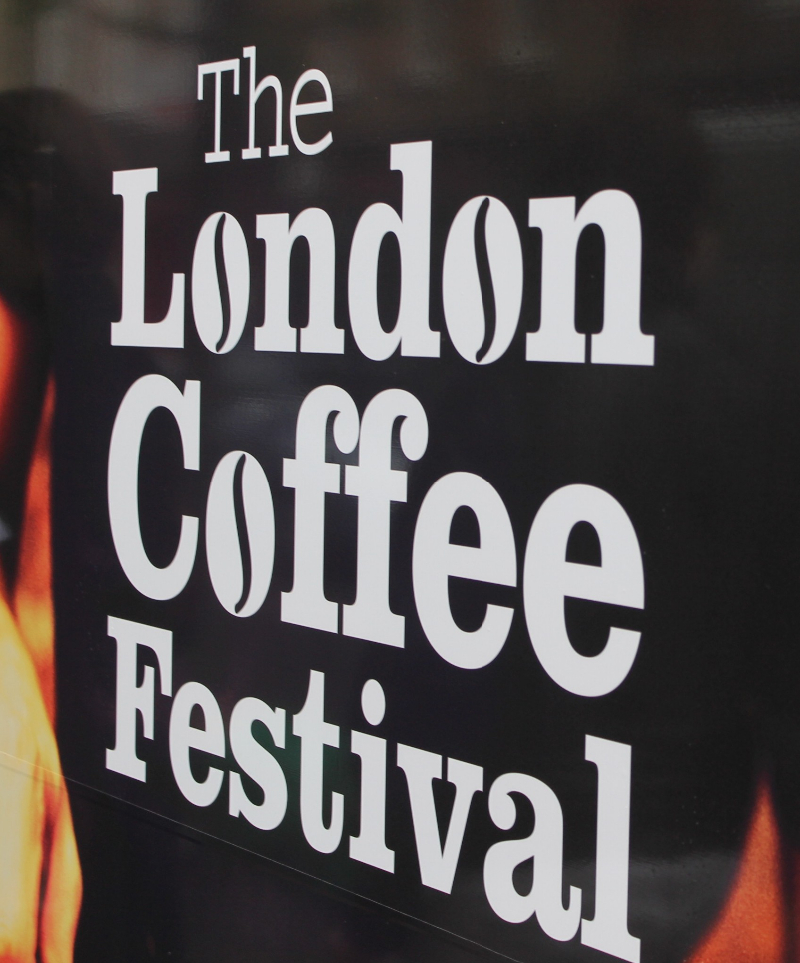

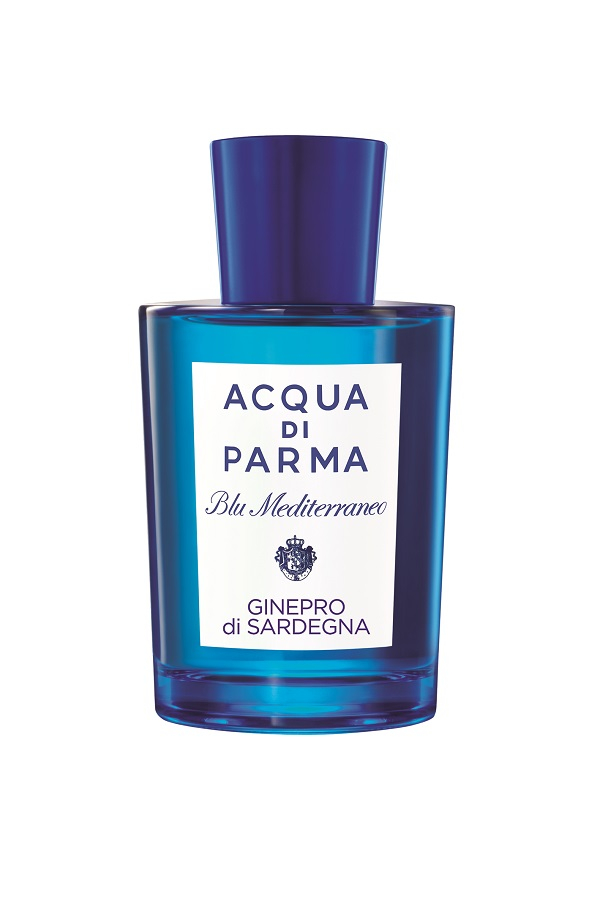

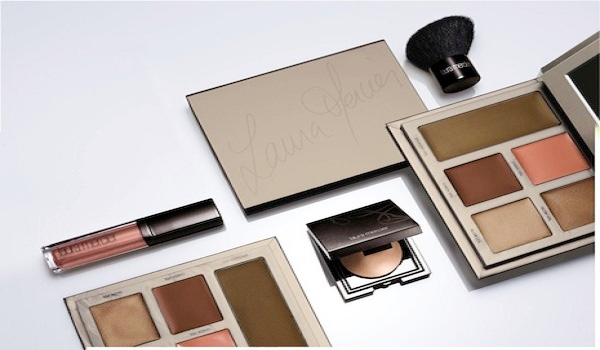








Facebook
Twitter
Instagram
YouTube
RSS